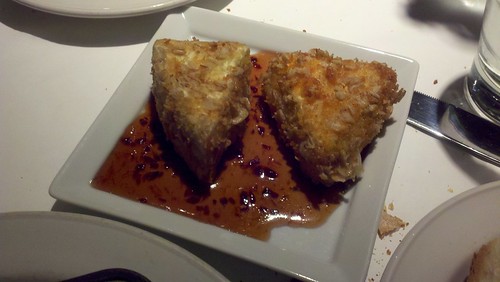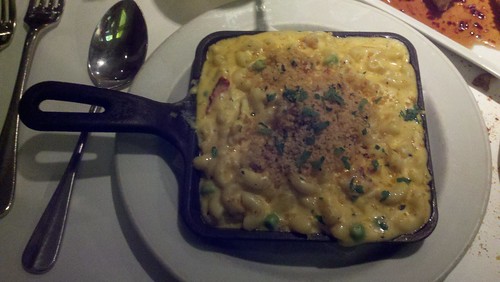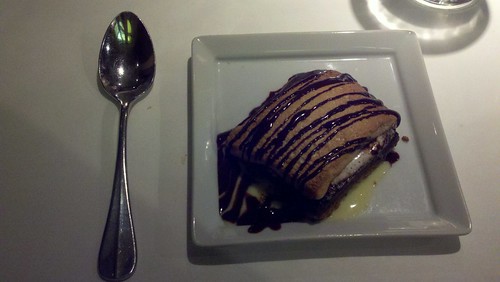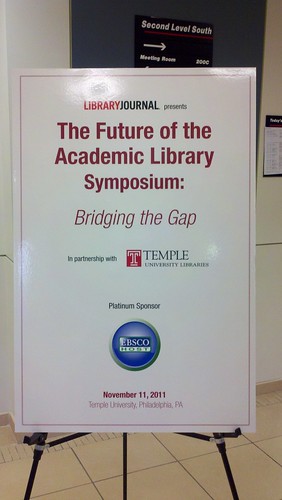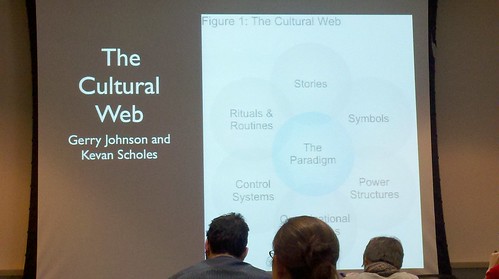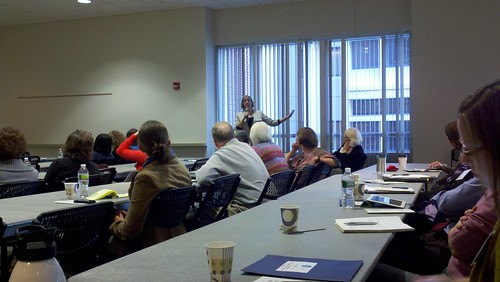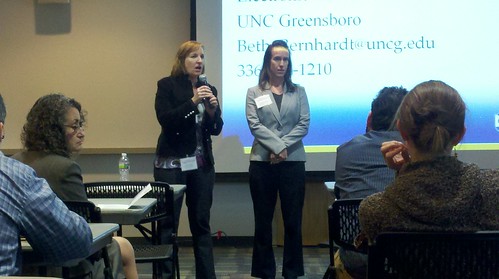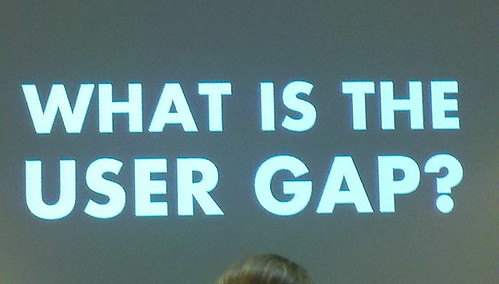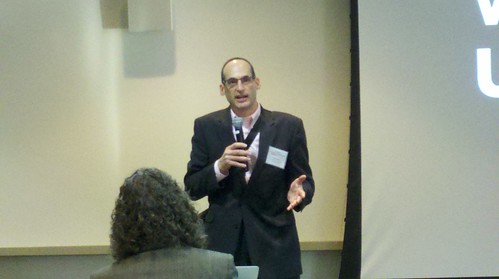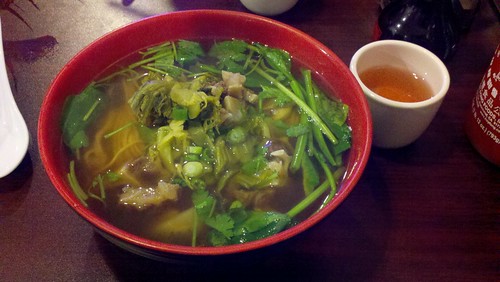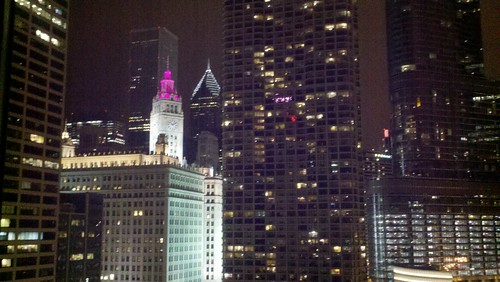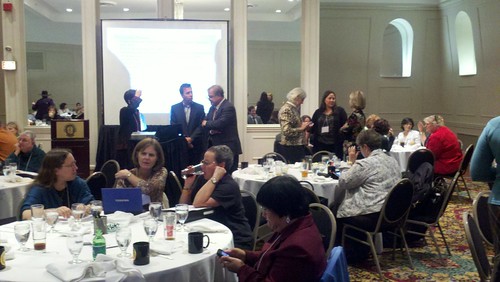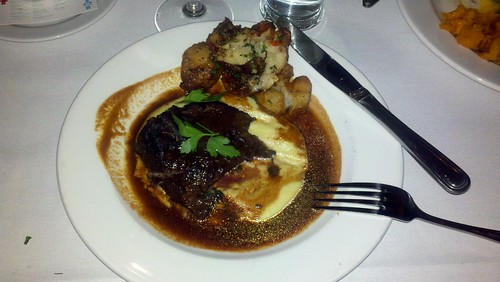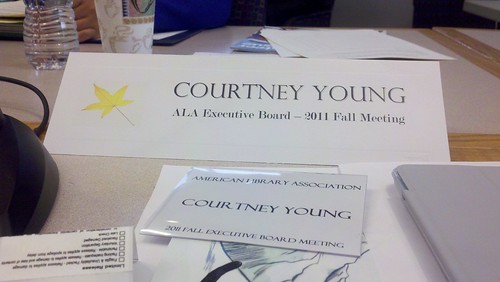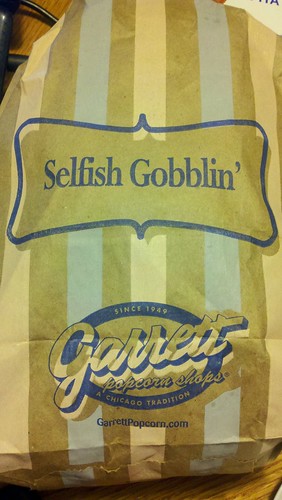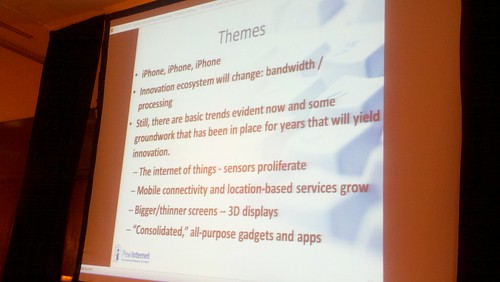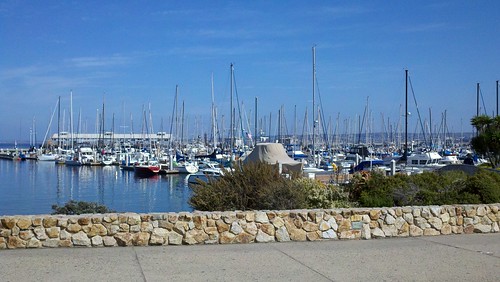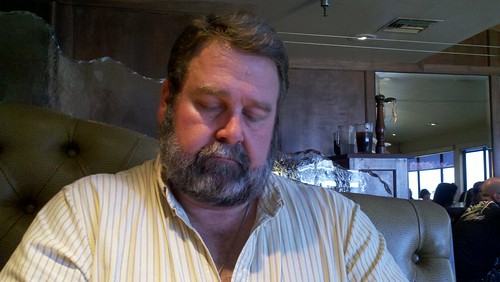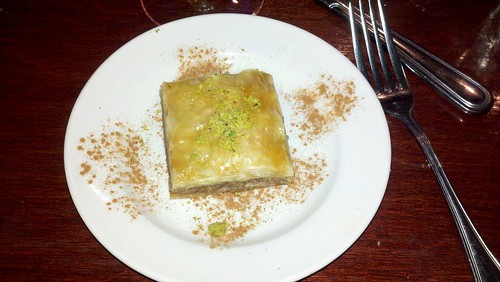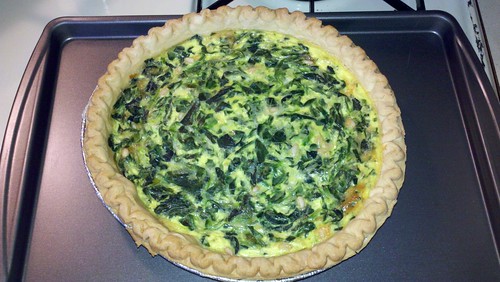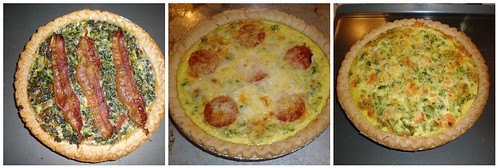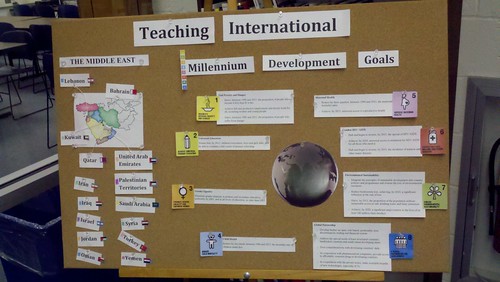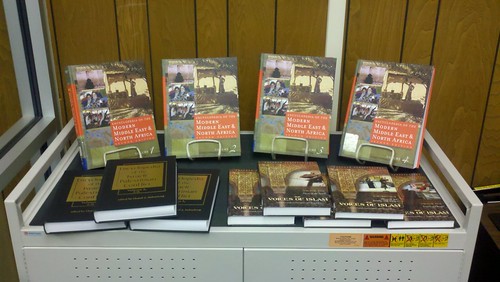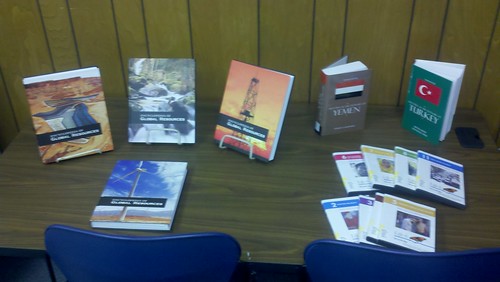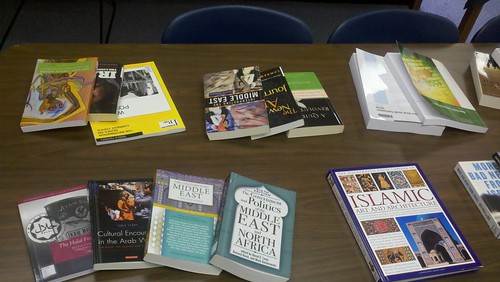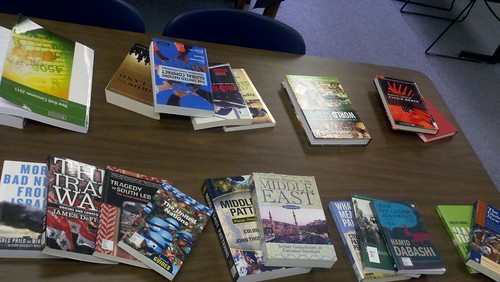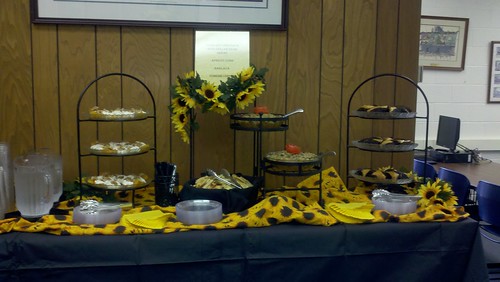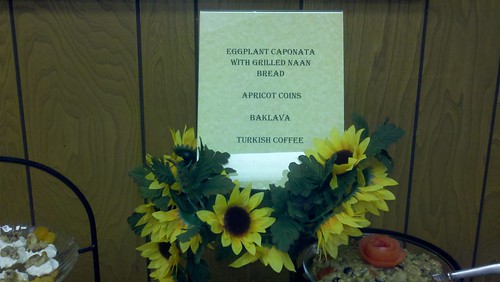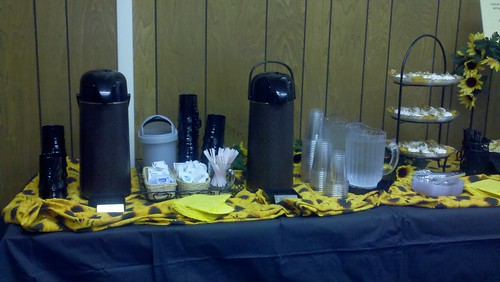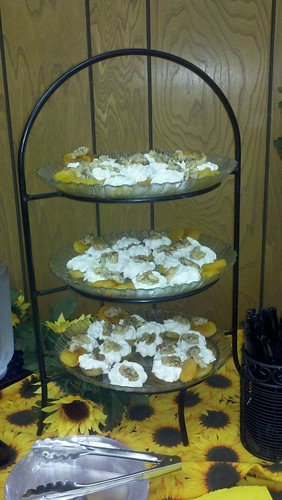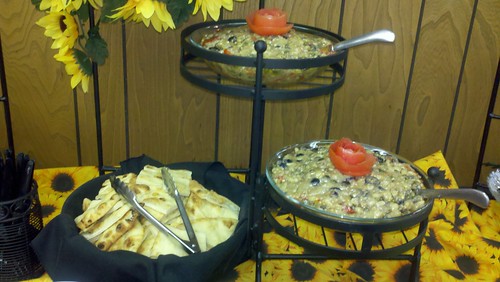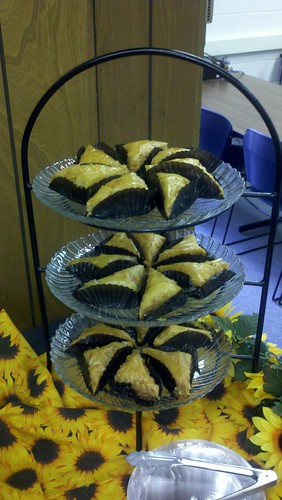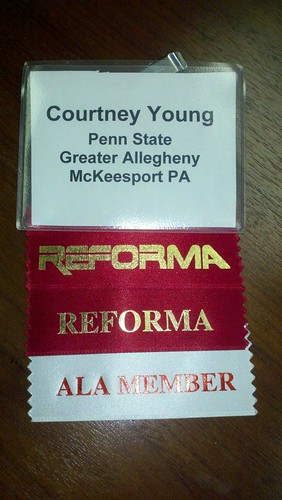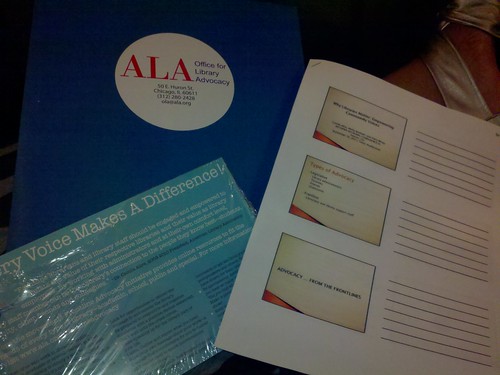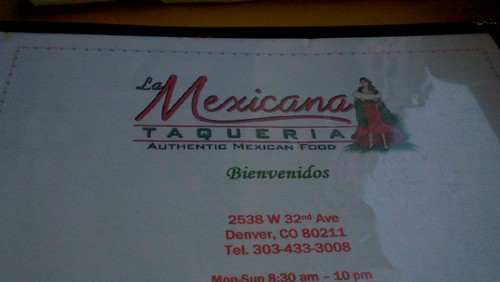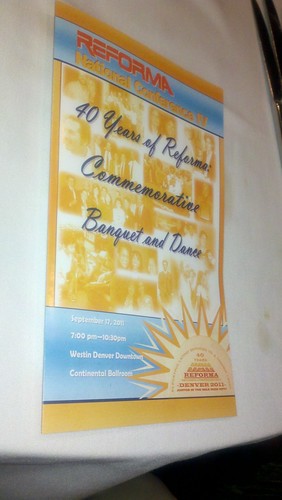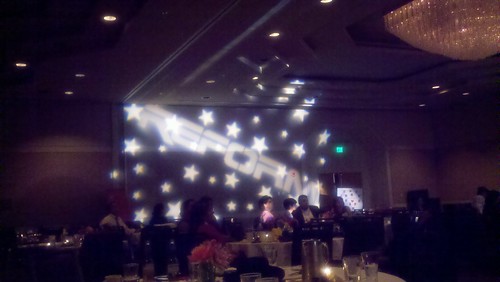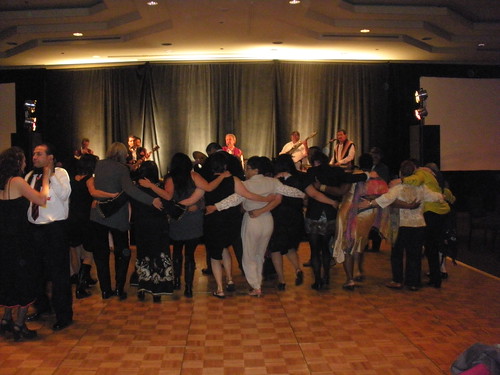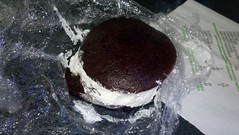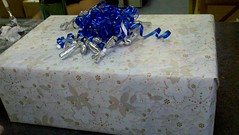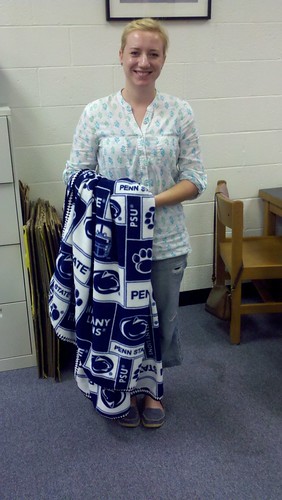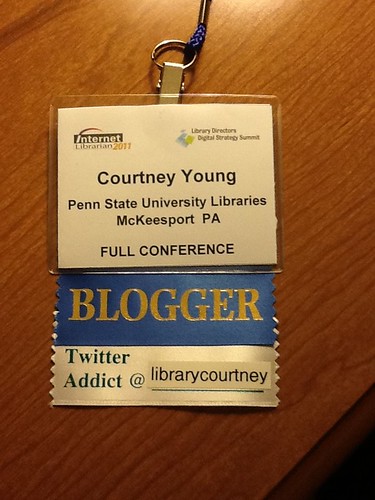
The conference kicked off this morning with the keynote speaker
John Seely Brown. His presentation was streamed, so if you missed it or weren't able to attend, you can check it out
here. Here are my raw notes from his presentation.
Creating entrepreneurial learners -- want to continue to learn.
Reinvent social practices
Driven by computation -- evolve around technological infrastructures
Find new ways to pick up new skills: libraries and communities are at the center of these new ways
Moving from Stocks to Flows
- Stocks: protect/deliver authoritative assets
- Flows: participate in the knowledge flows
Quote by Carla Hess: "moments of encounter"
Are we prepared? Are we preparing our students to be entrepreneurial learners?
Requires new dispositions; dispositions cannot be taught
- cultivation of disposition: curiosity (technology amplifies curiosity), questing, connecting
We need new approaches to learning.
"We participate, therefore we are."
Make knowledge personal.
Content and context are more fluid.
Blogging as joint context creation: intimate, improvisational, yet collaborative
- Andy Sullivan
- Forthcoming David Weinberger book Too Big to Know
Collectives: shared participation, site for play and imagination
My learning more and sharing makes the group learn more with makes me learn more.
Entrepreneurial learners are master makers and tinkerers
- digital makes this even easier
Humans as makers of content and context
Imaginations role in shaping experience, context
Regrind our conceptual lenses
Homo Ludens: fail, fail, fail, succeed
Learning as riddles
And the last two pages of my notes as I took them:

tinkering, composed of knowing making and playing, leads to embracing change
networks of practice and communities of interest lead to action inspiring a networked imagination
I found Brown's talk very relevant to me and my library setting, particularly as I start moving forward with the idea of a knowledge commons for the campus library. The concepts of of tinkering through knowing, making, and playing leading to creating change really captures the direction I think we should move in to become a more 21st century library.
The room used for the keynote was also the room for Track D: Learning, Literacy, & Training.
Bobbi Newman was the facilitator for those sessions. As a result, I attended some really good presentations and learned new things.
The first session was Bobbi Newman,
Polly Farrington, and
Emily Clasper. They focused on training librarians and staff. Newman highlighted 7 tips for training: know your stuff, make a connection, tell them why, set boundaries, admit defeat, listen, and reward. Farrington [
slideshare] mentioned the importance of having safety nets for your training sessions and the importance of "canoe time" aka opportunity to do fun stuff away from learning. She also believes the most important thing is creating a culture of learning. Clasper [
slideshare] noted using games for self-directed training and brought up an interesting question we should probably ask more often: are people asking for training or asking for learning?
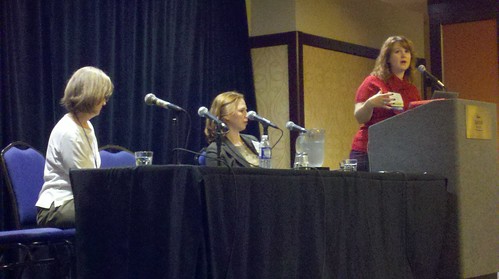
Polly, Emily, and Bobbi at Internet Librarian 2011
The next panel was "From training to learning: strategic community conversations" presented by Nancy MacKenzie and Lisa Hardy. They described the Future Action Think Tank project at Calgary Public Library. It was interesting to think about how the communities' strategic goals can interface with the library/organization strategic plan. Future Action Think Tank is using a
blog to start the conversations about the future of public libraries, and they welcome your comments.
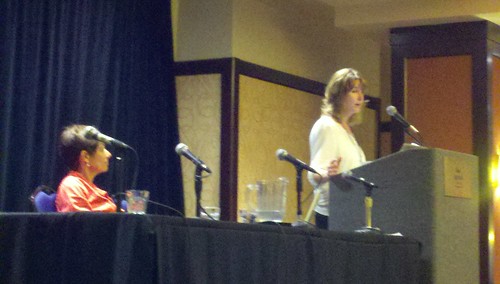
Nancy and Lisa at Internet Librarian 2011
For lunch I enjoyed an egg and cheese crepes at the Monterey Crepes Company. The shop's hot interior was literally a warm welcome after freezing in Track D at the Marriott. I really wish there were some way for me to have easy access to crepes as well as beignets in Pittsburgh.
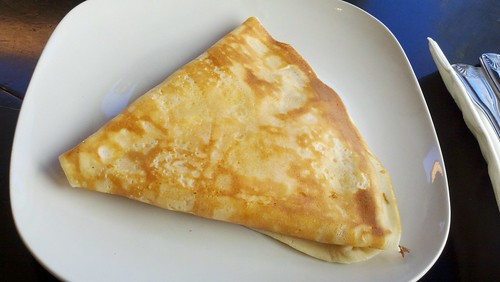
After lunch I attended "Transliteracy & 21st-Century Skills for Library Users".
Jennifer Koerber briefly presented on the "Learning for life online" project. Next, Bobbi Newman presented a micro version of her transliteracy talk. She shared deeply personal family stories to illustrate why she is so passionate about transliteracy in libraries. I really appreciated Bobbi reminding us that passion is important to reaching, educating, and empowering all users.
Jamie Hollier followed and talked about the BTOP project, transliteracy and 21st century skills for library users. She highligted that "partnerships are paramount to success" and partnering with other organizations important to your community can increase multitudes of literacy needs (health, financial, etc.).
I was pleased to meet and see Willie Miller from IUPUI present on
using iPads and mobile devices in undergraduate teaching.
- Miller shared projects other faculty in other disciplines on campus are developing using iPad in instruction.
- Going to teach with an iPad? Your library should have a mobile site with links to all the mobile resources available.
- Courses used iPads with news and media apps preloaded. Faculty designed assignments around those apps and had to consider where are audio, video, and text used in the course and assignments?
- Miller used popplit app for collaborate content mapping.
- Miller also conducted study on use of iPad in classroom, asking students if the device helped or limited learning class content. Size and portability of iPad meant students could collaborate better around devices. Computers and monitors can be physical barriers in collaborative learning. At the same time, app failures and time spent troubleshooting were viewed as time wasted.
- Best practices using iPad for instruction: pay attention and test the tech, convey expectations, monitor actives, curate resources, cultivate mobile information literacy, and consider device limitations.
- My favorite quote from Miller: you can't get "caught up in the iPadness of it all."
Follow Miller on twitter, @LibraryWillie. I really enjoyed his presentation and learning more about his work. Check out
this short piece he co-authored in C&RL news. I look forward to presentations and publications about his projects in the future.
The Exhibit Hall Grand Opening Reception was a very nice event. It was fun to meet and greet attendees participating in other tracks. I was able to go to dinner with some new friends although the majority were twitter friends.
